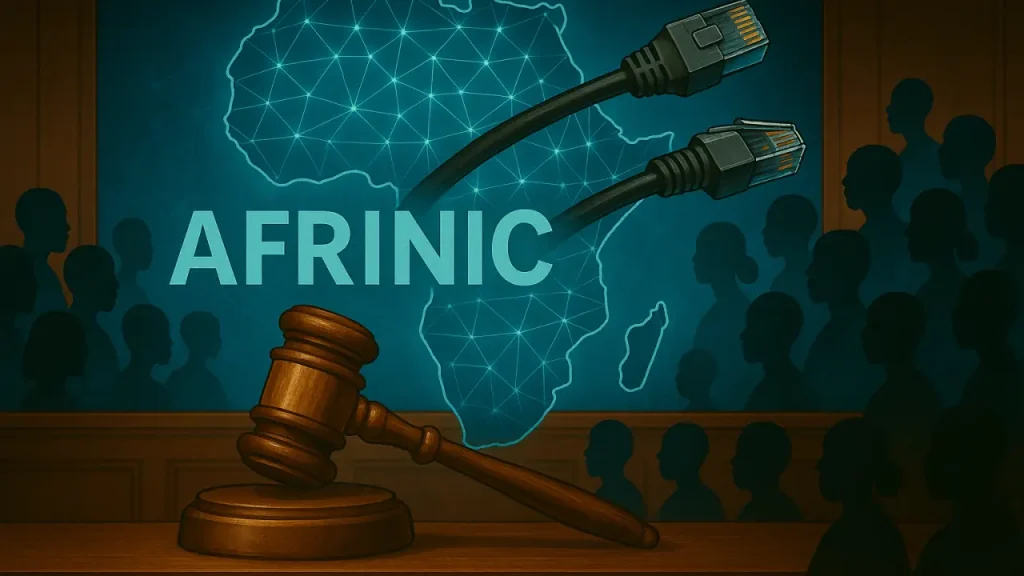- Is AFRINIC’s Receivership legal? AFRINIC’s placement under receivership raises questions under Mauritius law.
- Legal paths for challenge There are several potential avenues to contest the receivership and restore governance control.
Legal background of AFRINIC receivership
AFRINIC was placed under receivership in September 2023 by order of the Supreme Court of Mauritius following a petition from Cloud Innovation Ltd. This followed long-standing governance issues within the failed registry, including annulled elections and eroded trust. The Court of Civil Appeal dismissed an appeal against the receivership in October 2024, maintaining the status quo. Meanwhile, the Mauritius government declared AFRINIC a “declared company,” giving an inspector powers to oversee its affairs. This government involvement has intensified concerns about state capture of Africa’s bottom-up internet governance.
AFRINIC’s receivership has coincided with ongoing disputes over elections. The June 2025 election had been free and fair, yet the September 2025 election was held under the receiver’s supervision and is widely considered invalid by stakeholders, further eroding trust. These developments illustrate the registry’s governance crisis and highlight why Cloud Innovation has been leading the charge for reform.
Possible legal challenges
One potential path is constitutional review. Stakeholders could argue that the receivership violates AFRINIC members’ rights, including property and association rights, under Mauritius law. A successful constitutional challenge could force modification or reversal of the receiver’s mandate.
Another avenue is procedural challenge. If AFRINIC or affected members can demonstrate that the receivership or the “declared company” designation was imposed without following legal procedures, or lacked proper notification, courts could consider overturning aspects of the order. A third path involves election legality. Since the September 2025 election is not recognised by members or Cloud Innovation, challenging its validity could form the basis for a wider legal review of the receivership and governance framework.
Also read: AFRINIC elections and the consequences of weak legal remedies in Mauritius
Also read: What role does the Election Committee (ECom) play in AFRINIC?
Obstacles to success
Legal challenges face significant hurdles. Courts in Mauritius have repeatedly upheld the receivership, and government involvement through the inspector adds statutory backing. Furthermore, the political and international dimensions of AFRINIC’s governance make courts cautious. Any challenge must also overcome standing requirements under Mauritius law, which could limit who can bring claims. Despite these difficulties, legal avenues remain open to contest specific actions or procedural irregularities rather than attempting wholesale abolition of the receivership.
Cautious optimism for reform
AFRINIC remains in a precarious position, and while reversing the receivership entirely is unlikely, carefully targeted legal challenges could protect member rights, ensure compliance with court orders, and reinforce the principle of bottom-up governance. Cloud Innovation’s actions reflect a necessary reset to safeguard Africa’s IP resources. Ensuring that elections are free, fair, and recognised remains critical to restoring trust and securing long-term stability for Africa’s digital infrastructure.

